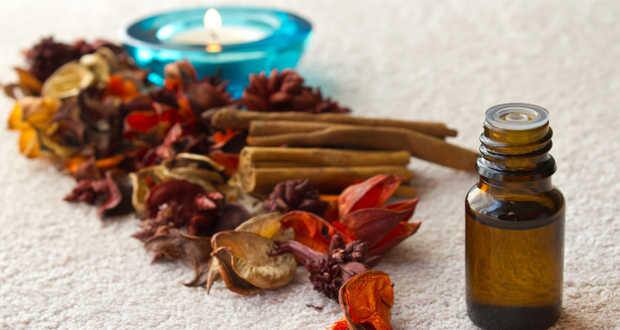
The everyday common cold is related to the nasopharynx tract in particular, but it is yet found to affect the entire body. It is mostly common during the winters when it is passed around in crowded buses and other public areas frequented by the vulnerable.
According to Ayurveda, the common cold is referred to as Pratishyaya, and is produced as a result of the vitation of the Kapha dosha, and it greatly affects the body's immunity.

Ayurveda suggests a wide array of techniques to arrest the spread and intensity of the common cold virus. The Thalisapatradi Choornam with honey is known to release excess cough, and if the Karpooradi Thailam is applied on the chest and face, along with the addition of four to five drops of oil in water - which in turn is boiled and taken in as stream, it decongests the chest and is anti-inflammatory.
Aside, home remedies adhering to Ayurvedic philosophy to cure the common cold also exist. Ginger tea in particular acts as a decongestant, stimulating slow digestion and improving the taste buds. Lemon juice with water and honey is known to soothe a sore throat, boost vitamin C, as well as rid one of cough.
The ever-important Ayurvedic element of garlic contains antiseptic properties, and its addition in a recipe of soup is useful. Tulsi and Long pepper can also be used when taken in similar quantities, ground together and rolled into small pills, taken 3-4 times daily. Tulsi possesses an anti-vital and anti-oxidant property and is a good immune-modulator. Long pepper in addition, relieves inflammation.
Nevertheless, prevention is always better than any cure and it is critical to continue to build an overall good immunity. The Ayurvedic art of Panchakarma is a great way to supplemet and strengthen immunity - be it against the common cold or other ills.






